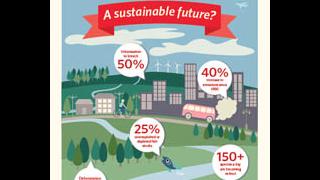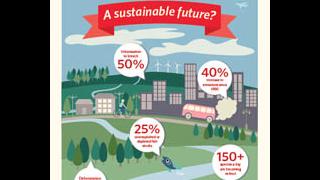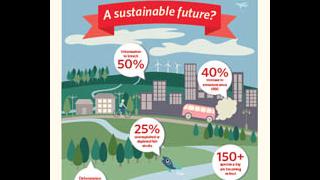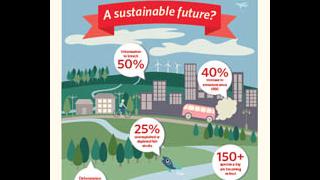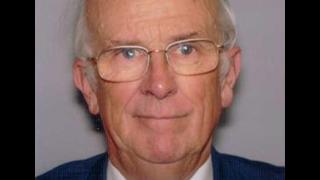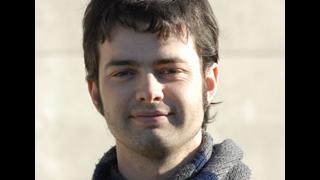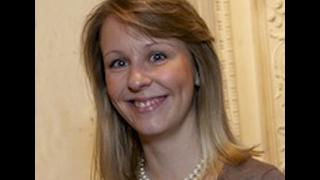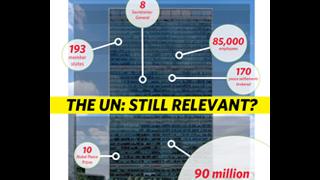
UNA Canterbury takes action on the environment close to home while it looks forward to the Rio+20 summit
In preparation for the Rio+20 summit in June 2012, UNA Canterbury branch has been developing a set of environmental principles based on the summit's themes – securing political commitment on, and creating a more effective institutional framework for, sustainable development. It began by considering the emerging concept of 'ecocide'.
Crudely defined as 'murder of the environment', ecocide has raised the hackles of those who believe that it is difficult to identify the perpetrators of such crimes. How, for example, could legal liability be apportioned for the damage that human activity has caused to the earth's ecosystems since the industrial revolution? The complexity of the issue is illustrated by the ongoing debates at UN climate conferences on the responsibility for historic carbon emissions and the reluctance of some developing countries to accept binding curbs on emissions, which they believe conflict with their right to development.
 But if one distinguishes between general environmental damage and specific instances of destruction – for example, deforestation or industrial disasters such as the 1984 Union Carbide disaster in Bhopal, India, or the 2010 BP oil spill in the Gulf of Mexico, one can see how legal liability could be determined.
But if one distinguishes between general environmental damage and specific instances of destruction – for example, deforestation or industrial disasters such as the 1984 Union Carbide disaster in Bhopal, India, or the 2010 BP oil spill in the Gulf of Mexico, one can see how legal liability could be determined.
A useful precedent is contained in the Rome Statute, the treaty that governs the International Criminal Court (ICC), which includes the following in its definition of war crimes: "Intentionally launching an attack in the knowledge that such attack will cause … widespread, long-term and severe damage to the natural environment which would be clearly excessive in relation to the concrete and direct overall military advantage anticipated." (Article 8.2.b.iv)
The branch took inspiration from a presentation given by environmental lawyer and activist Polly Higgins to a UNA London and South-East Region meeting in 2010 in which she spoke about the proposal she had sent to the UN's International Law Commission for ecocide to be made a crime arbitrated by the ICC.
We organised a major conference in April last year to explore further how environmental protection can be reconciled with human development. The conference outcomes, reproduced in the box (right), formed the basis of the branch's resolutions to UNA-UK's 2011 policy conference.
UNA Canterbury's recent activities build on its long tradition of work on environmental issues. Since the 1980s, the branch has undertaken parliamentary lobbying and awareness-raising, including, for many years, annual exhibitions on environmental issues.
Following the first UN Earth Summit in 1992, branch members actively promoted Agenda 21, the action plan arising from the event, which encompassed local, national and global initiatives. More recently we have decided to campaign for ecocide to be redefined as a crime under a new International Court for the Environment, which has been proposed by lawyers and activists as a legal home for the adjudication of environmental law, including UN treaties.
At the local level, the branch has formed partnerships with two groups, the Kent Environment and Community Network, which helps communities to challenge inappropriate development applications, and the Abbots Mill Project, which aims to build a renewable energy centre on the River Stour in Canterbury.
The branch is also organising a joint Earth Day conference and exhibition in April 2012 entitled "Think Global, Act Local: revisited" to reflect our conviction that we must recapture the Earth Summit mentality of 20 years ago. Perhaps most important, as we lobby against ecological degradation and for strengthening environmental law, we will strive to make our own lifestyles more sustainable.
Dr Geoff Meaden is Chair of the UNA Canterbury Branch











